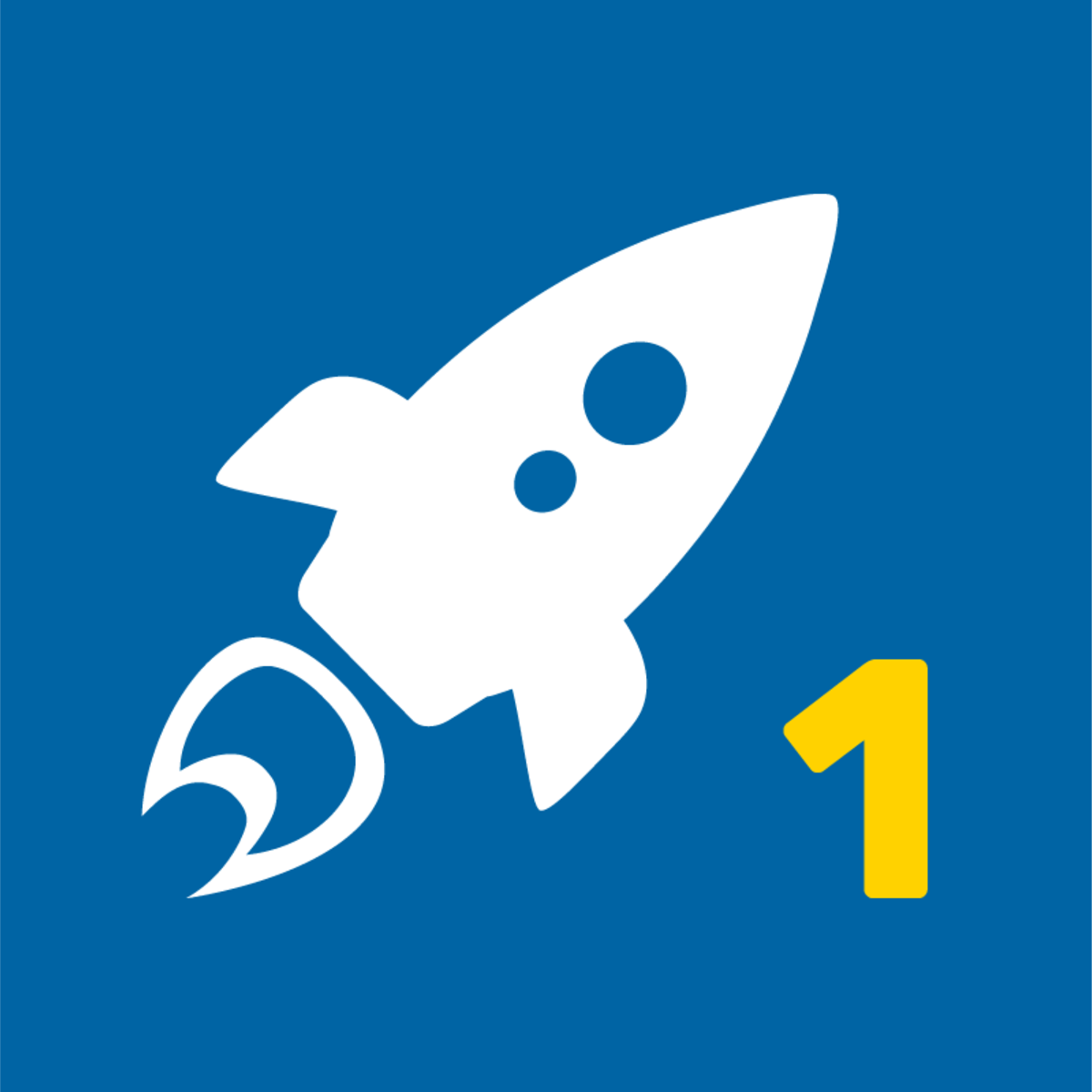Back to Courses









Leadership And Management Courses - Page 47
Showing results 461-470 of 600

Hiring Practices
Welcome to Hiring Practices. In this course, you will learn how to develop a strategic plan to attract, recruit and retain employees at every level, from those just entering the workforce through those at the executive level. We will explore each step of the recruitment, selection, and onboarding process, providing a thorough explanation of the uniqueness of the step and its fit and importance within the entire talent lifecycle. Special attention is paid to diversity and inclusion as it relates to each of these steps and how we can successfully harness these most valued practices.
Exploring these processes can be valuable at any level, whether this is an interest you are looking to discover or for a seasoned human resource professional wanting to expand upon an already solid knowledge base. The course combines materials focused on current hiring trends along with over 20 years of real-life practical work examples, providing you with an easy-to-understand format for your hiring practices.
Learning goals for this course include:
- Develop a strategic plan for recruiting both exempt and non-exempt positions
- Identify and understand the importance of each step in the recruitment process
- Incorporate diversity and inclusion throughout the recruitment process, highlighting the significance of those elements
- Describe a successful selection process
- Identify important components of successfully onboarding new employees

Real-World Cloud PM 2 of 3: Managing, Innovating, Pricing
Sponsored by AMAZON WEB SERVICES (AWS). Learn real-world technical and business skills for product managers or any job family involved in the rapidly expanding cloud computing industry. Ace the AWS Certified Cloud Practitioner Exam.
This course is the 2nd in a 3-course Specialization. Complete the first course before attempting this one.
Featuring
* NANCY WANG, GM of AWS Data Protection Services, AWS; Founder and CEO, Advancing Women in Tech (AWIT)
* GORDON YU, Technical Product Manager, AWS; General Counsel and Coursera Director, AWIT

Performance Reviews with Eduflow
In this project you will develop a performance review process using Eduflow. Eduflow is a free, easy to use course builder that gives you the ability to create an interactive and customizable learning experience. Eduflow is not only a course builder for educational courses, it is also a great tool for all types of businesses and organizations! In this project, we will learn how to create a streamlined and easy-to-use performance review process.
Eduflow’s ready-to-use templates and user friendly features make the performance review development process a breeze. Not only will you be able to develop an effective review process, you will also be able to assign particular review standards and expectations to individual job descriptions and departments. Eduflow gives you the ability to create a streamlined and fully customizable review process, saving you tons of time and unnecessary stress! Performance reviews are an essential piece of the growth and development process for both individuals and teams. With the help of Eduflow, you will be able to take your performance review process to the next level while simultaneously simplifying your workload.
Note: This course works best for learners who are based in the North America region. We’re currently working on providing the same experience in other regions.

Population Health: Fundamentals of Population Health Management
What are the principles of Population Health Management as a pro-active management approach to improve health and to tackle health disparities? In this course we will discuss the basic principles of Population Health Management that will help you as (future) health care professional or policymaker to analyse current healthcare challenges and to design possible solutions using the Population Health Management Approach.
During this course you discuss the rationale for the current value transformation in healthcare and Population Health Management as a logic reaction. You will be confronted with the leading frameworks of Population Health Management. You determine the necessary building blocks, including the evaluation and implementation issues.
This Course is part of the to-be-developed Leiden University master program Population Health Management. If you wish to find out more about this program see the last reading of this Course!

SAP Technology Consultant Hands-on Project
SAP Technology Consultant Hands-on Project is the sixth course in the SAP Technology Consultant Professional Certificate program. This is your opportunity to put the knowledge and skills you have gained over the previous five courses into practice.
This fun and interesting project is a high-level challenge based on a real-world problem. You’ll identify key players in the proposed project and take the necessary steps to understand their current technical landscape. You’ll identify their business requirements and develop a solution proposal. Once you’ve obtained sign off from the customer, you’ll then identify the key technology elements you need to cover and assess the stakeholders and other SAP professionals you’ll be working with. You’ll work on and present your design, including your assumptions, proposed recommendations, and other considerations. Then you’ll implement your proposed solution and complete QA/testing activities. And finish off by creating a Post-Implementation Review Report documenting the lessons learnt and the future roadmap.
Overall, this project presents an ideal opportunity to gain experience in assessing the digital transformation drivers in a real-life situation.
By the end of this project, you will be able to:
Review, understand and respond to a customer implementing a new SAP solution.
Complete typical technology consultant project tasks for each SAP lifecycle phase.
Develop and present selected technology consultant project deliverables.
Compare course project work against provided best practice examples and identify gaps or opportunities for development.

Project Launch
Today’s fast track business and global environment emphasizes increasing project development efficiency while using fewer resources. This course shows you how to accomplish exactly this. Learn how to justify and select projects, and how stakeholders can influence projects. Identify the requirements necessary for defining project scope and create a list of tasks necessary to accomplish that scope. Create effective communication plans and assign responsibilities. Gain an understanding of the fundamentals of project planning through the use of scheduling software. Establish project requirements, objectives, and goals before defining the total project scope using a work breakdown structure (WBS). You’ll have the opportunity to apply what you learn to a case study that brings together the key elements of launching a project.

Leadership Through Social Influence
This course will provide learners with a systematic general framework for analyzing persuasive influence situations. Learners will be able to identify different challenges faced by persuaders and to fashion appropriate strategies for addressing those challenges. The broad goal is to provide learners with not only an extensive persuasion tool kit, but also with an understanding of how different tools are useful in different situations. Specifically, the course will address four broad topics: strategies for influencing people’s personal attitudes; strategies for affecting social factors influencing behavior; strategies for affecting people’s perceived ability to undertake the desired behavior; and strategies for inducing people to act on their existing intentions.

Leadership focused on Human Flourishing
It describes the elements of the Leadership model oriented towards human flourishing, in order to develop leaders who achieve better results.
We are facing a world leadership crisis, due to (among other factors) the volatile, uncertain, complex, and ambiguous context we are living in.
The world needs self-aware leaders who are also aware of their environment, immersed in a permanent learning process, who are committed, resilient, with a positive vision of the present and the future, who find meaning in their life mission, and who flourish by contributing to the flourishing of others.
This course will bring the necessary tools to develop a human-flourishing-oriented-leadership.

Fundamentals of financial and management accounting
This is an introductory course on financial and management accounting.
The first part of this course will introduce the basic accounting principles and accounting terminology to understand how a company keeps control of financial events and provides information on how it is performing. These basic concepts will support the analysis of financial reports companies prepare. We will go through balance sheet, income statement, financial statement, learning how to read and analyze them.
The course will also provide the basis of management accounting introducing some techniques (e.g. break- even analysis or NPV) to support managers in making short-term and long-term decisions, such as "Is it convenient to dispose a production machine and buy a new one?" or "How many products should the company sell in order to break-even?"
The course will bring examples and case studies that will help students better understand the practical applications of the basic accounting principles and techniques.
At the end of the course, students will be able to read, understand and analyze financial documents and to apply simple techniques to analyse costs and evaluate capital investment decisions.

Innovative Governance of Large Urban Systems
Learn about the three phases of the urban value chain: planning, governance and regeneration. With lecturers from all around the world and concrete case studies, this course will give you a comprehensive overview about the “Innovative Governance of Large Urban Systems”.
This course has assembled some of the most relevant experiences and knowledge from our Innovative Governance of Large Urban Systems (IGLUS) Executive Master’s program, which has been offered by EPFL during the past 5 years. IGLUS consists of 2-week action-learning organized in over 10 major cities around the world, during which participants acquire an in-depth understanding of the challenges cities are facing and the ways they are addressing them. This MOOC will share this knowledge with you, thanks to some of our lecturers from various disciplines and from all around the world.
During this course, you will learn about the three phases of the urban value chain, which are: planning, governance and regeneration. In particular, we will address the unique challenges of the phases and ask questions such as: how to design cities? How to govern them, especially when it comes to their institutional, financial, economic and social dimensions? And how to regenerate urban spaces?
Popular Internships and Jobs by Categories
Browse
© 2024 BoostGrad | All rights reserved


